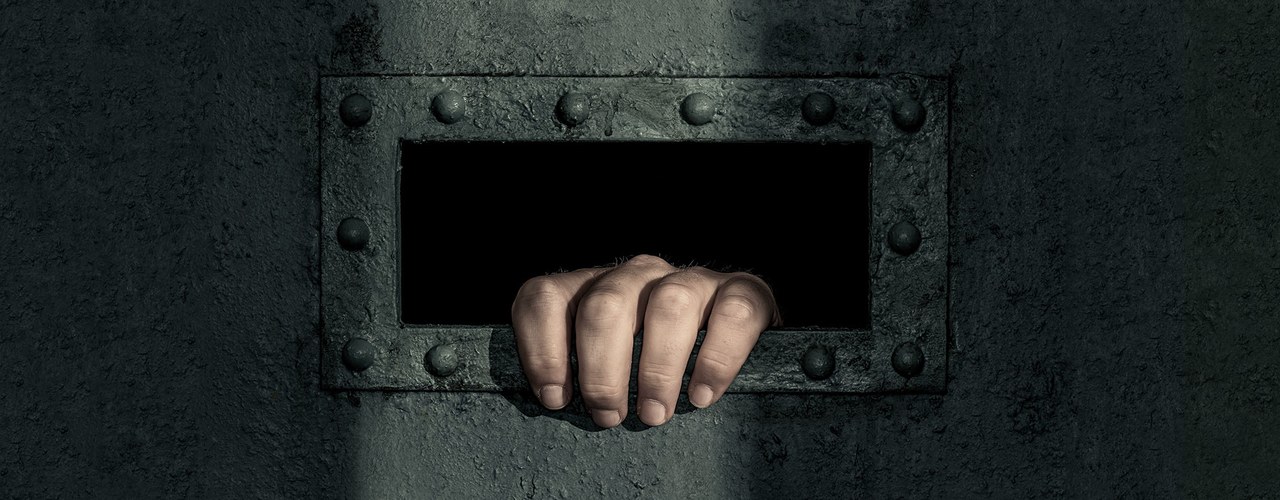Solitary Confinement, Incarceration and the Impact on Offenders
I found the topic of solitary confinement disheartening because of the impact it has on the offender’s mental health. Solitary confinement is the “state of being kept alone in a prison cell away from other prisoners” (Merriam Webster, 2018). Solitary confinement began in the 1970’s and conditions vary from state to state and facility to facility. It is a punishment that is used to isolate and control men and women for breaking infractions while incarcerated. It could be due to fighting with other inmates, getting caught with contraband, a way of managing gang members among other “justified” reasons. Although solitary confinement may solve the issue and serve as a deterrent for other inmates, it comes with cons. If a person isn’t mentally ill when entering an isolation unit, by the time they are released, their mental health has been severely compromised (American Friends Service Committee, 2018). There are more than 80,000 men, women, and children in solitary confinement in prisons across the United States, according to the Bureau of Justice Statistic (American Friends Service Committee, 2018).
In a prison account I came across, written by John Jay Powers, he was arrested in 1989 for unarmed bank robbery, possession of a stolen motor vehicle and illegal firearms that were found in a closet in his home. He received a lengthy sentence and was sent to prison for the crimes. While incarcerated, he witnessed a gang murder and testified against the attackers. He was promised protecting for doing this but he did not receive anything. Due to being scared for his life, he attempted an escape, was caught and sent to another prison where he spent 12 years in extreme solitary confinement but all together, Mr. Powers stated that he spent 25 years in solitary confinement for various reasons. Mr. Powers had no mental illness prior to being incarcerated but suggested that during his time in solitary confinement, he developed sever psychological problems which includes Post Traumatic Stress Disorder, suffered from suicidal attempts and compulsions towards self-harm which forced him to slice his finger, genitals and drill a hole in his skull. He stated that the self-injurious actions were caused by being locked down for more than a decade.
What I find disheartening is that this individual lived a fairly “normal” life and had no mental issues until he was incarcerated. The system is set up to punish offenders, to rehabilitate but to also serve as a deterrent to others. However, there was a serious injustice in Mr. Powers’ case based on the promise that was made to protect his life. He attempted to do the right thing by testifying against murders but then was forced to protect his life based on the fact that the prison officials did not protect his rights. So, he felt he needed to step in and protect his own life which only caused more trauma. My question here is, does being incarcerated do more harm than good? Does being in solitary confinement and incarceration create mental illness and trauma?
According to DeVeaux (2013), “a body of literature concludes that the psychological effect of incarceration is substantial, even among those experiencing relatively short-term confinement in a jail or refugee and detention incarceration” (p.258). There is literature that suggests that people in prison experience mental deterioration and apathy, endures personality changes, and become uncertain about their identities (DeVeaux, 2013, p.258). Researchers also believe that “people in prison may be diagnosed with posttraumatic stress disorders, as well as other psychiatric disorders, such as panic attacks, depression, and paranoia; subsequently, these prisoners find social adjustment and social integration difficult upon release (DeVeaux , 2013, p.258). DeVeaux (2013) argues that psychological suffering is compounded by the knowledge of violence, the witnessing of violence, or the experience of violence, all too common during incarceration and that psychological effect of incarceration, developed during confinement, are likely to endure for some time following release (Retrieved from my original discussion post). Mr. Powers is still incarcerated currently and I wonder how his life will be upon release, if he is even eligible for release. He has been away from society for countless years and will he be able to be acclimated to society and his community? With the amount of men and women currently incarcerated and being placed in solitary confinement, wouldn’t having mental illnesses exacerbate risky behaviors which will make them statistic for recidivism upon release? These are questions that the criminal justice system really needs to keep in mind when solitary confinement is utilized to “punish” offenders again for sometimes minor infractions.
Reference
American Friends Service Committee Retrieved from https://www.afsc.org/resource/solitary-confinement-facts
DeVeaux, M. (2013). The Trauma of the Incarceration Experience. Harvard Civil Rights-Civil Liberties Law Review. Volume, 48.2013
Solitary Confinement. (n.d.) In Merriam-Webster’s collegiate dictionary. Retrieved from https://www.merriam-webster.com/dictionary/solitary%20confinement
